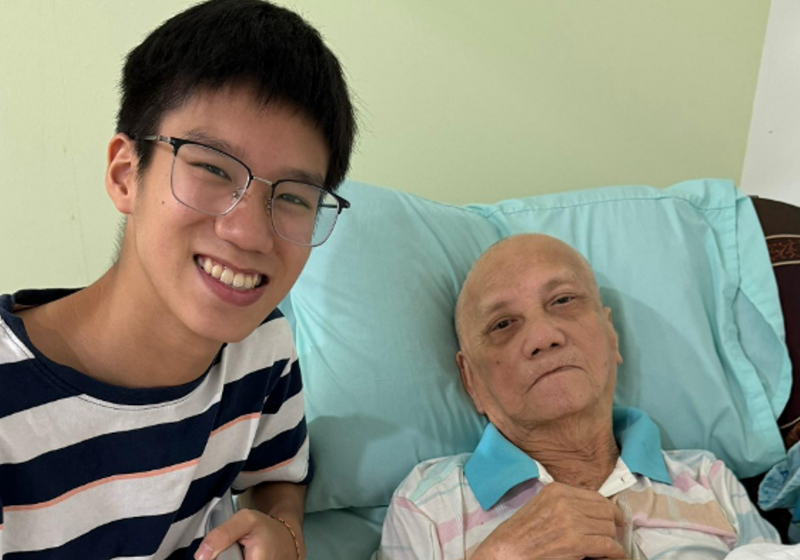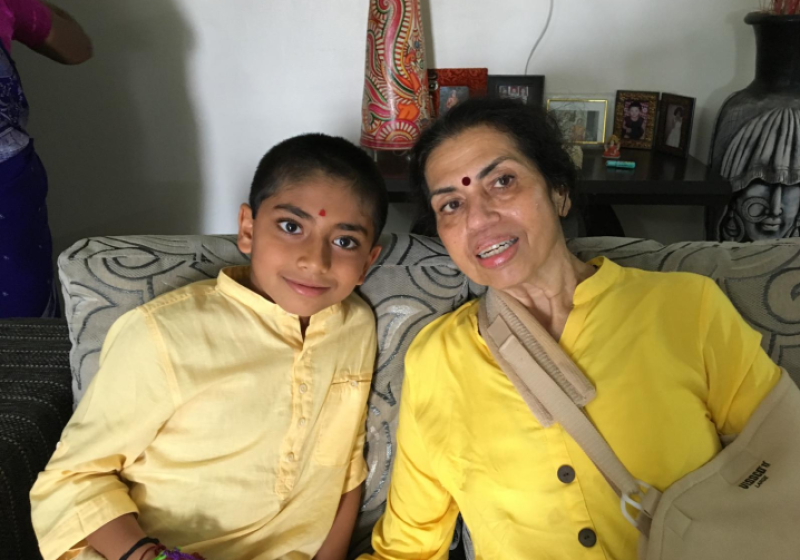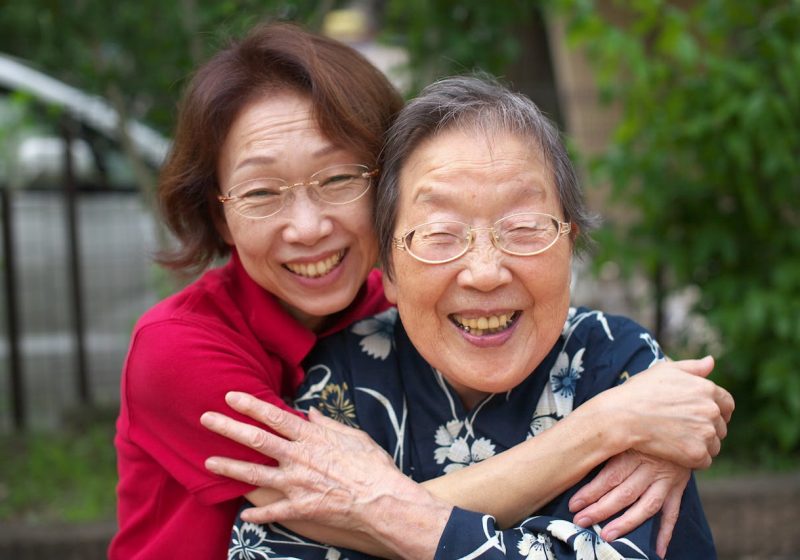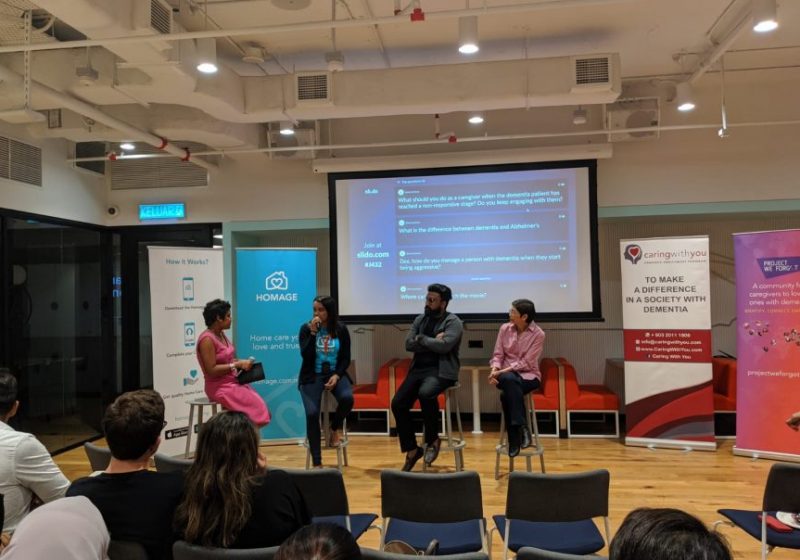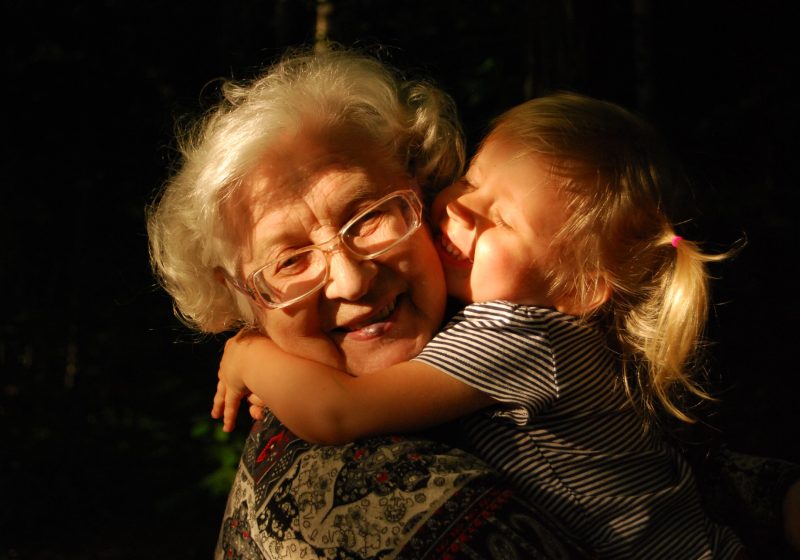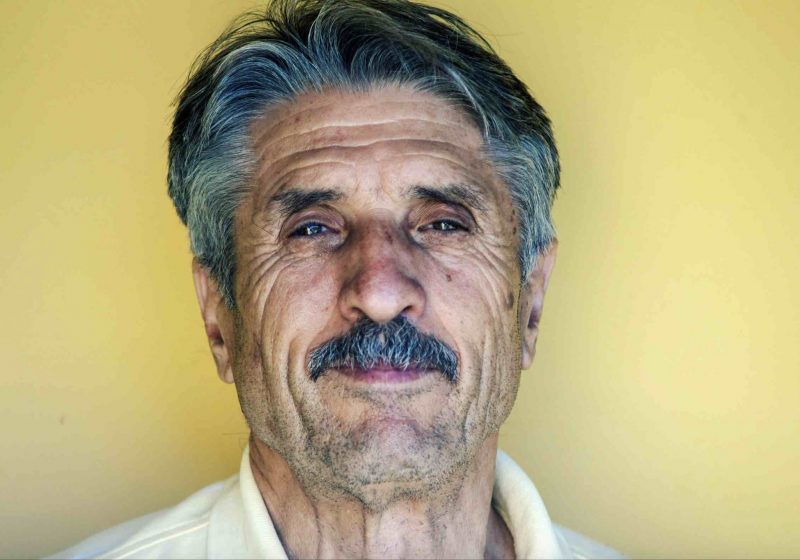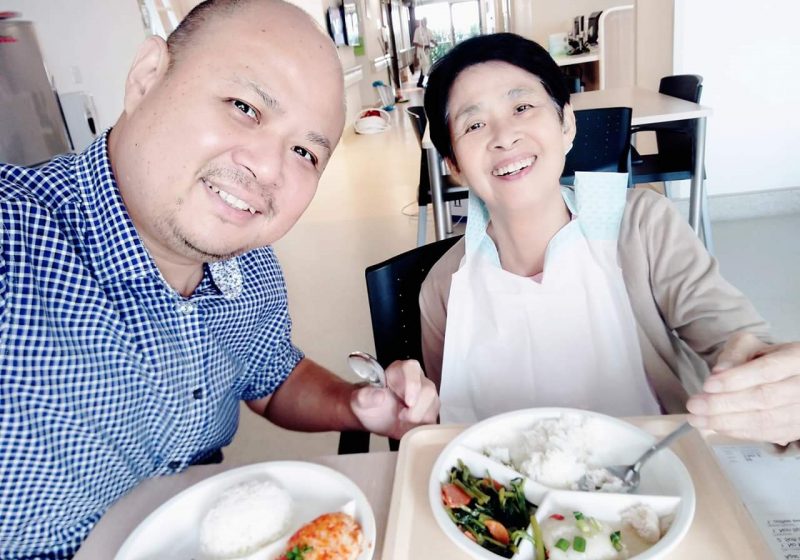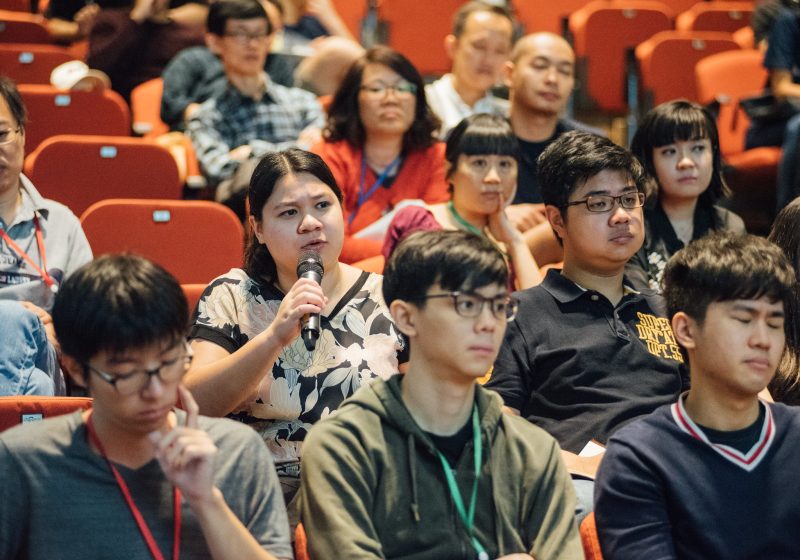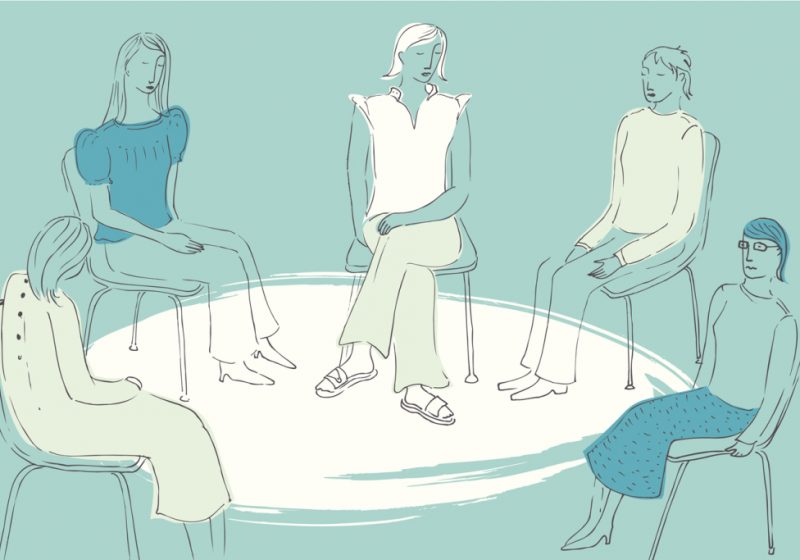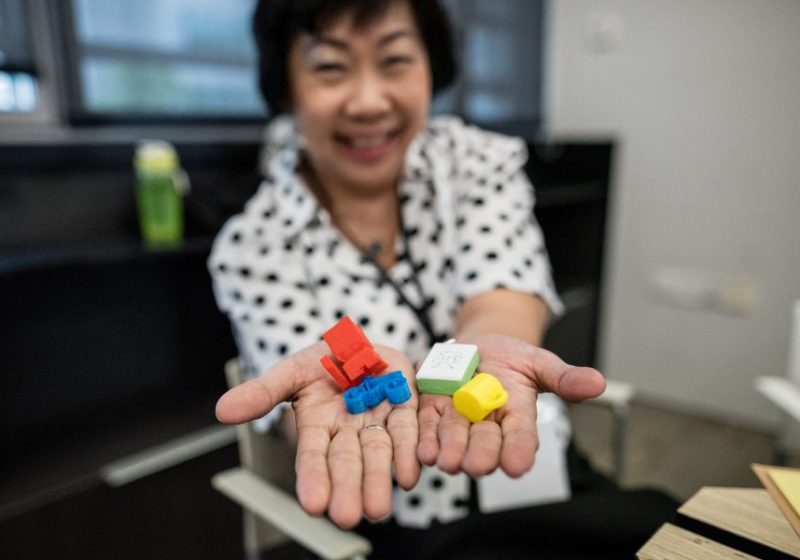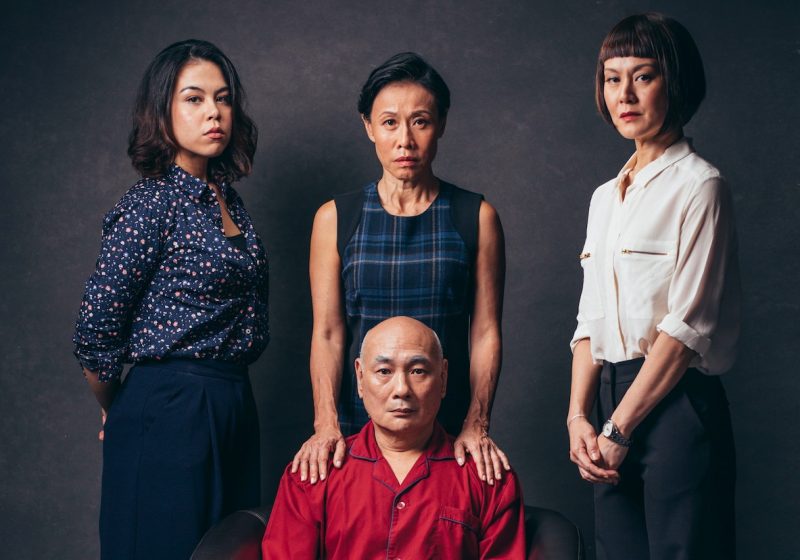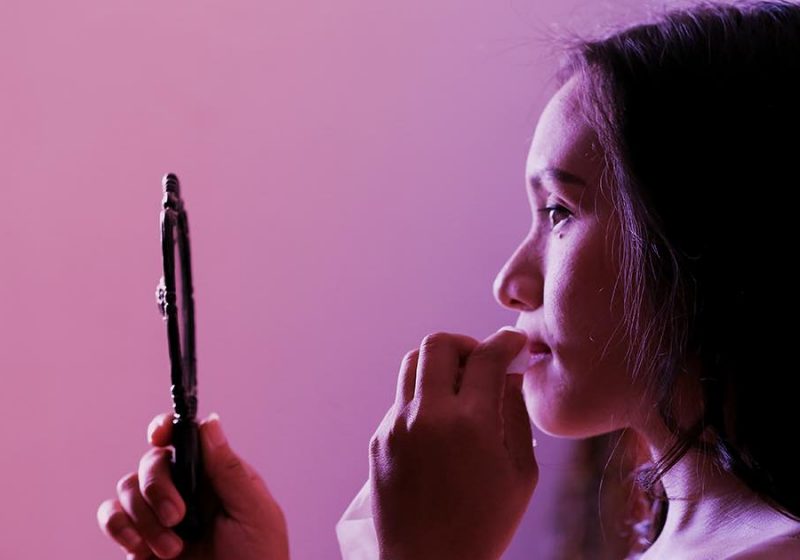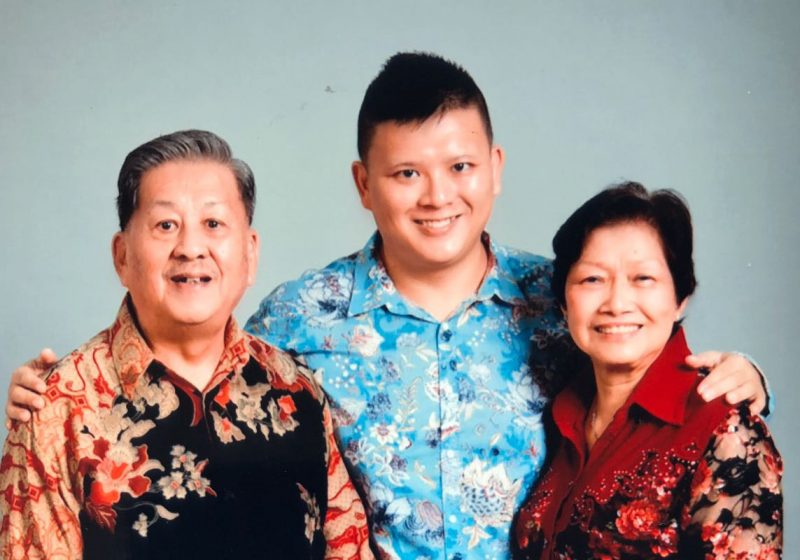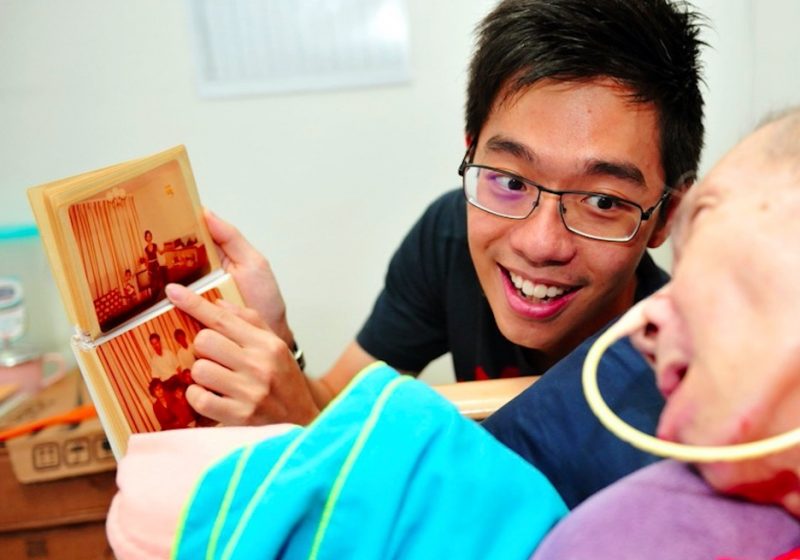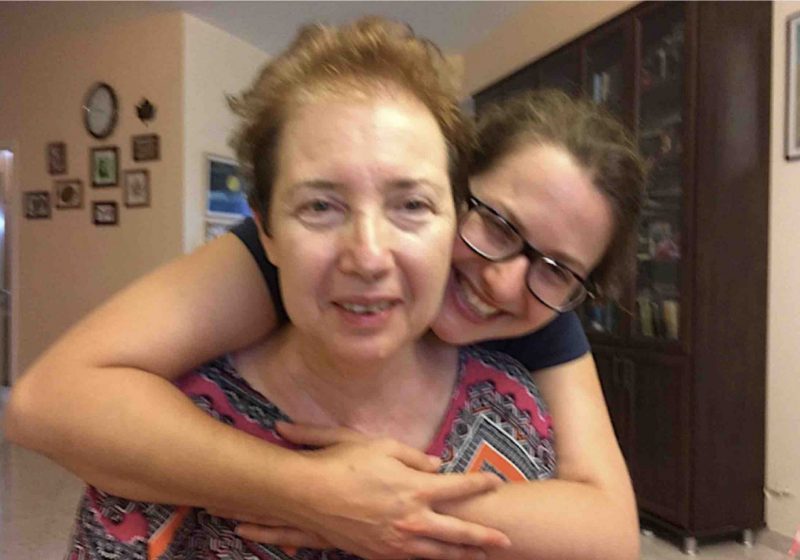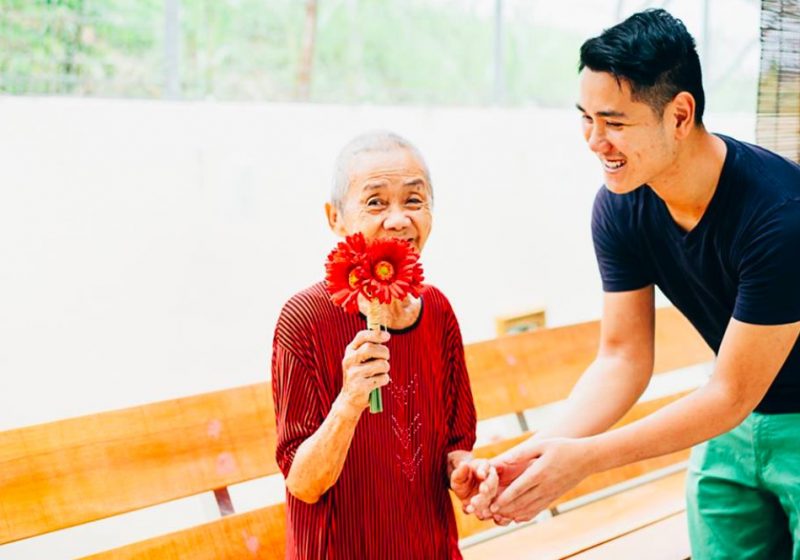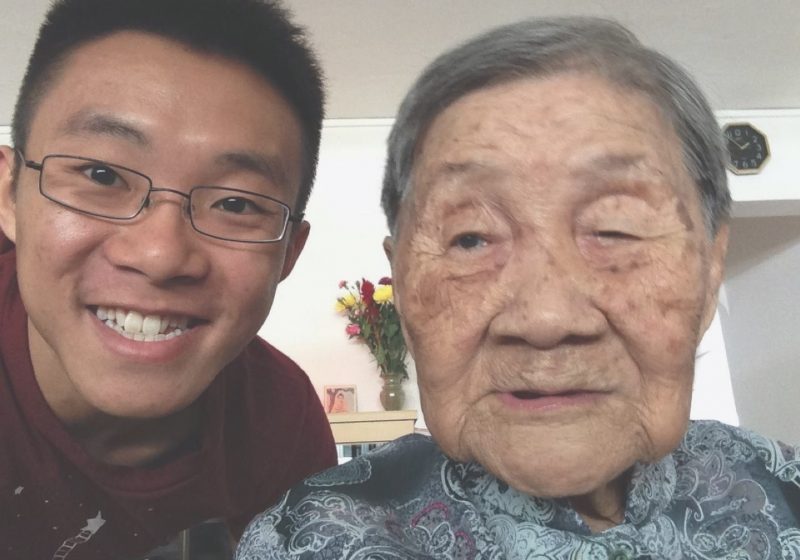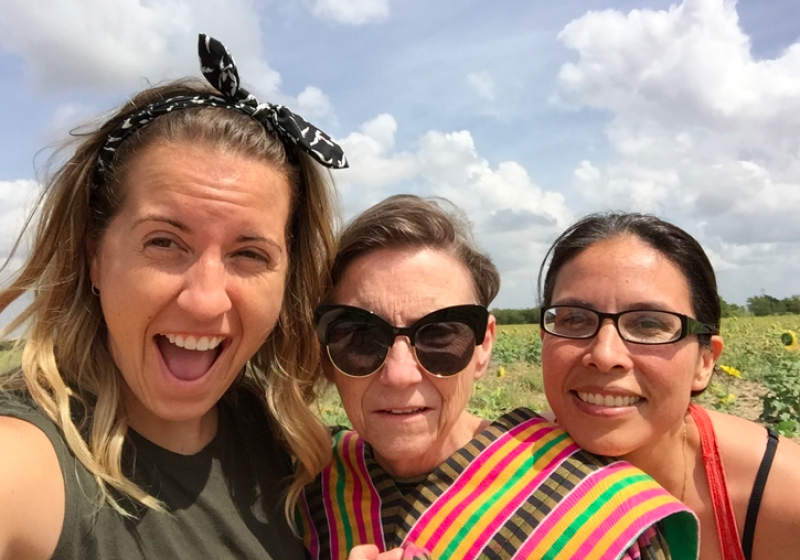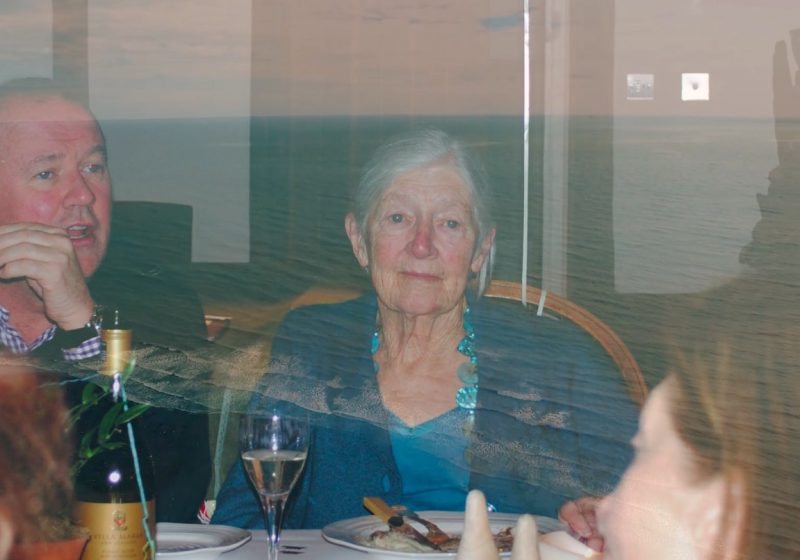Living in a vibrant household in Bangladesh, my family and I share a deep bond of love and responsibility. Among us is my 76-year-old mother-in-law, who was diagnosed with dementia a few years back. This is our story, which started in 2016 when the subtle signs of forgetfulness began to surface in my mother-in-law.
Contributed by Sadia Afroze
Early Signs of Dementia
My mother-in-law had been living with us for a while before I started to notice changes in her behavior. She would usually wake up in the mornings and read the newspaper everyday. She was also a remarkable cook and would cook for us daily. However, she slowly began to lose track of her daily routine, which was what first peaked my concern. Her forgetfulness was also escalating day by day, but it was not noticeable to anyone else in our family. This is why, despite my urging, our family initially dismissed these early signs as a part of the natural aging process.
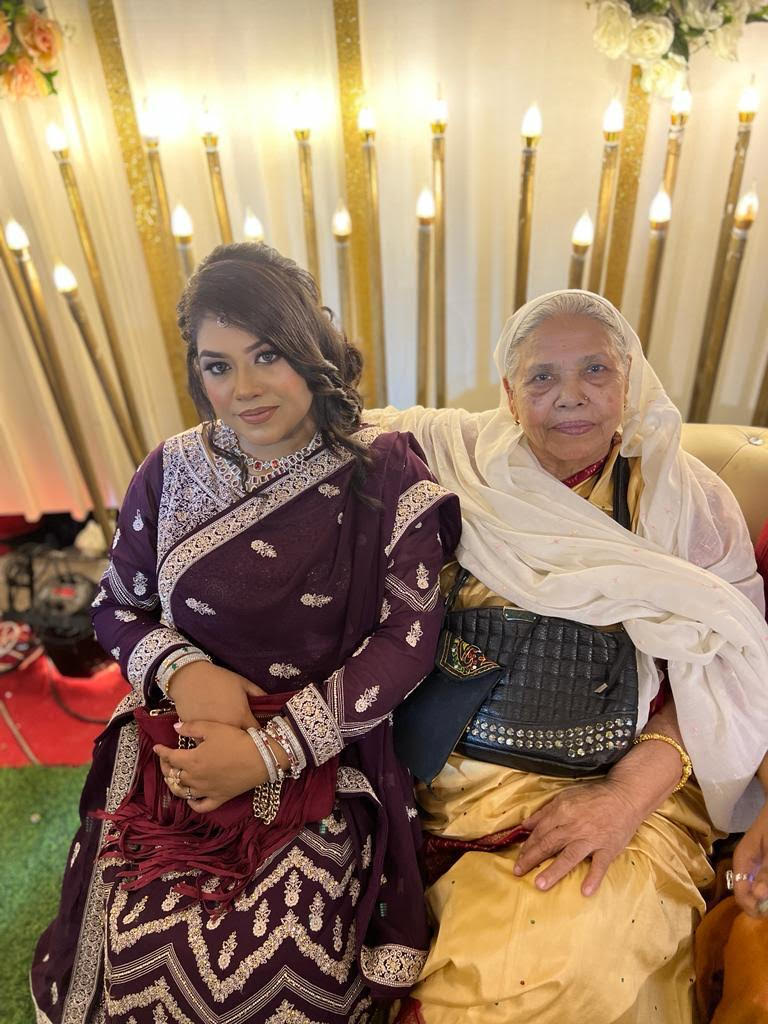
Three years went by, and by 2019, her personality began to change as well. What was once her favorite activity, became a source of anxiety for her, as she got extremely hyper while cooking and shouted at people for no reason. She began repeating the same stories over and over again within a span of minutes. Sometimes, she would get dizzy and her blood pressure would spike up and down. This was during the time of Covid-19, and since everyone was at home, they were now starting to see these behavioral changes for themselves. Eventually, we took her to a geriatric specialist and she was diagnosed with dementia.
Adapting to Change
The diagnosis of dementia brought a wave of sadness within our family, but it also brought a sense of clarity since I finally understood why she was acting this way. I would previously become very irritated with her at times, but knowing about her condition made me more patient and empathetic towards her. This was the case for everyone in our family. We all became more conscious of our own behavior since we realized there was nothing we could do to change hers.
Since we all lived together, we had to adapt and embrace new roles to support each other through this journey.
In Bangladesh, the family unit is truly the cornerstone of society. Since we all lived together, we had to adapt and embrace new roles to support each other through this journey. We all divided our duties amongst ourselves and did our best to remain positive and care for my mother-in-law without viewing it as a burden. My family also encouraged me to receive caregiver training since I was the primary caregiver for her. This not only helped me learn more about dementia and the practical aspects of caregiving, but also how to maintain my own well-being as a caregiver.
As I said before, my mother-in-law’s favorite activity was cooking. But as her dementia progressed, we noticed that cooking made her more restless and it became increasingly unsafe for her to be in the kitchen. Thus, one of the hardest adjustments for us was to retire her from this activity that she cherished for as long as we can remember. Gradually, over 4-5 months, we guided her away from the kitchen and tried to replace cooking with other enjoyable activities like listening to music or playing with her grandkids.
New Routines and Rhythms
As her caregiver, I personally take care of her diet and help clean up after her. We often sit together, drink tea and discuss random things. I usually just listen while she talks. My mother-in-law and I both love Bengali folk songs and it is one of our favorite pastimes. Sometimes, she even recalls some of her favorite songs from years ago, and asks me to sing them for her. My husband and I also like to take her outside with the kids to a restaurant and enjoy a nice meal together on special occasions.
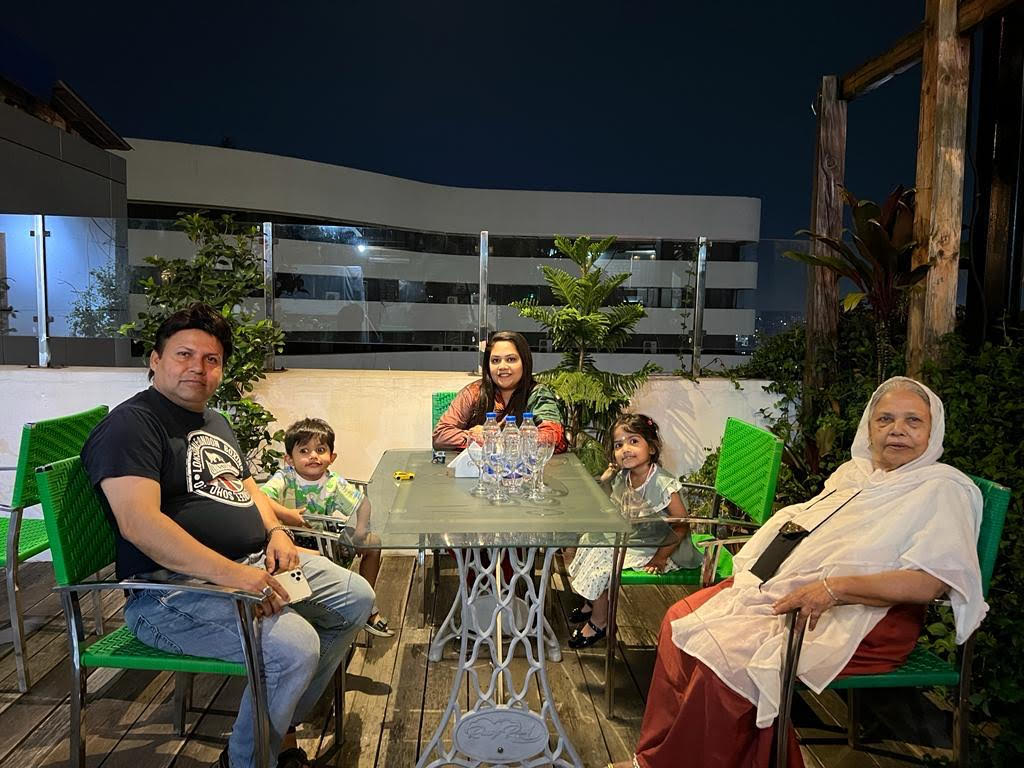
Over time, we realized that creating a structured routine was crucial for her emotional stability. Nowadays, she usually wakes up around 7:30-8:00 am, makes herself tea, and has a boiled egg under the supervision of a family member. Throughout the day, she watches television or sits with me and reminisces about her past. At around 11:30 am, we offer her some fruits or snacks.
Her afternoons are spent with her grandchildren, which is almost always a time filled with laughter and activity. We ensure she has her meals on time, takes her medication and gets adequate rest. Evenings are for prayers, snacks and family time, either listening to music together or watching television. She goes to bed around 11:30 pm, and we have a helping hand who sleeps with her and makes sure she isn’t getting up by herself in the middle of the night. This routine not only helps her regulate her emotions and feel a sense of stability but also strengthens the bonds within our family.
Challenges in Caregiving
While there are good times, caring for a loved one with dementia is also fraught with challenges. The thing which surprised me the most was how dramatically her personality changed over the years. She forgets almost everything, experiences severe mood swings, misplaces items, and gets very angry when someone tells her that she might have forgotten something.
Her behavior can be exhausting and sometimes frustrating, but I try to remind myself that her actions are a result of her illness and this helps me respond to her with empathy.
She can’t recall recent affairs but can vividly remember an incident from 30-40 years ago. Recently, she has developed a habit of storing wastages in the house. Her behavior can be exhausting and sometimes frustrating, but I try to remind myself that her actions are a result of her illness and this helps me respond to her with empathy.
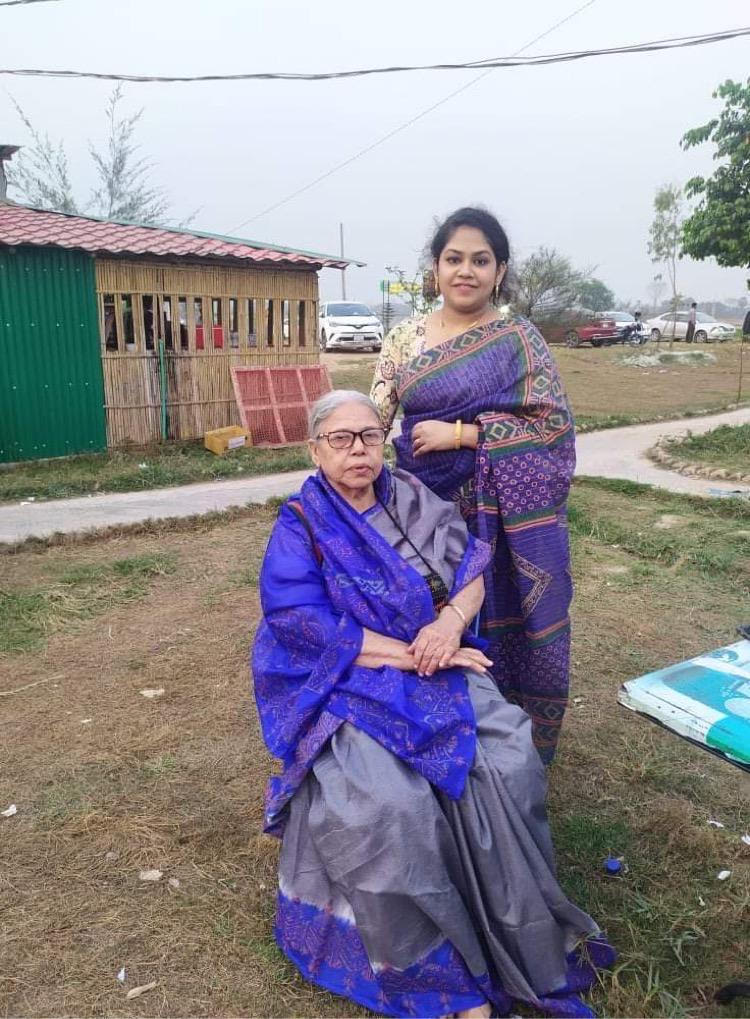
Culture of Caregiving
Taking care of elderly people is deeply ingrained in our culture in Bangladesh, but it often comes without any financial support or formal recognition. When you’re caring for your loved one, like I am, you are deprived of financial support as well as the opportunity to go outside and get a job yourself, since you have to stay home with them 24/7. This is a tough pill to swallow itself, and it gets even more challenging when your loved one starts to resist your care.
Therefore, positive family support is crucial, and I am grateful to have that within my family. In Bangladesh, it is an unwritten expectation that daughters and daughter-in-laws take care of elderly parents, but no one thinks about the remuneration for the provision of such care.


